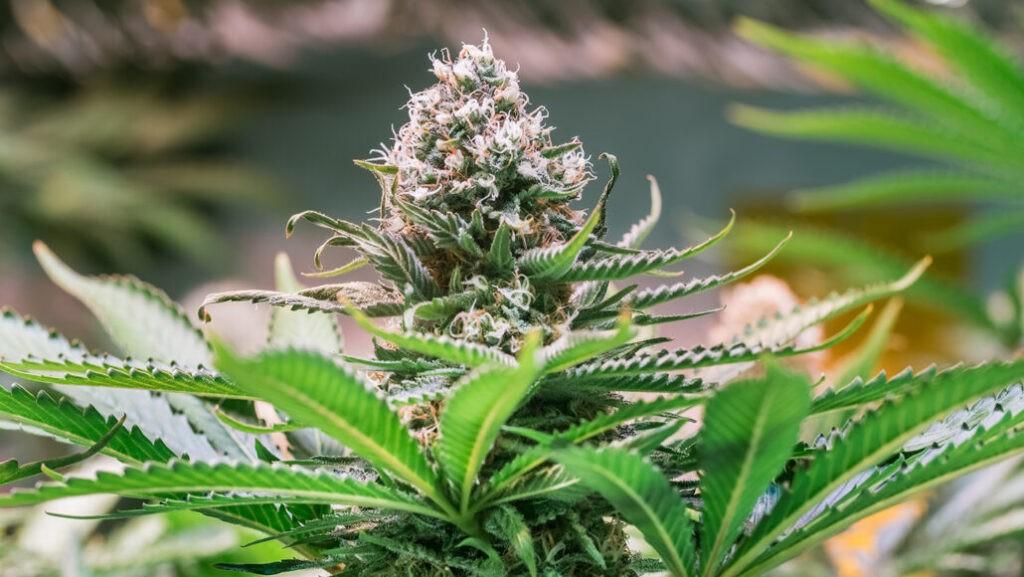Polling released today by the Florida Chamber of Commerce shows that a strong majority of voters in the state support legalizing marijuana.

The Florida Chamber poll found that 57% of Florida voters support legalizing recreational marijuana. Although this is a significant majority, it’s short of the 60% threshold required for a constitutional amendment to be approved during the November election. Polling released late last year by the University of North Florida’s Public Opinion Research Lab found support for legalization to be 10% higher, at 67%.
“Supporters of the amendment have surpassed the signature requirement to gain access to the ballot however the amendment has not yet been approved or rejected for the ballot by the Florida Supreme Court”, states a press release. “Last fall, the Florida Supreme Court heard arguments for and against why the amendment should be on the ballot but has yet to rule on the proposed amendment’s ballot language and must do so by April 1st in order for the amendment to make the 2024 general election ballot.”
It’s worth noting that the Chamber of Commerce is opposed to Issue 2.
“With 144 amendments since its creation in 1968, Florida’s constitution has long been a target of special interest groups with agendas and recreational marijuana is no different,” said Florida Chamber of Commerce President & CEO Mark Wilson. “The Florida Chamber continues to lead the fight it has fought for over 100 years against similar proposed amendments that could be addressed legislatively rather than through altering Florida’s foundational document.”
The amendment in question would allow those 21 and older “to possess, purchase, or use marijuana products and marijuana accessories for non-medical personal consumption by smoking, ingestion, or otherwise.” Licensed marijuana retail outlets would be allowed to distribute the plant, with any of the state’s licensed medical-marijuana dispensaries allowed to “acquire, cultivate, process, manufacture, sell and distribute such products and accessories.”
Although the Florida Supreme Court has yet to rule on a challenge from the state’s attorney general, who is attempting to keep the measure off the ballot, it’s widely expected by legal experts that the court will allow the initiative to be voted on in November.







